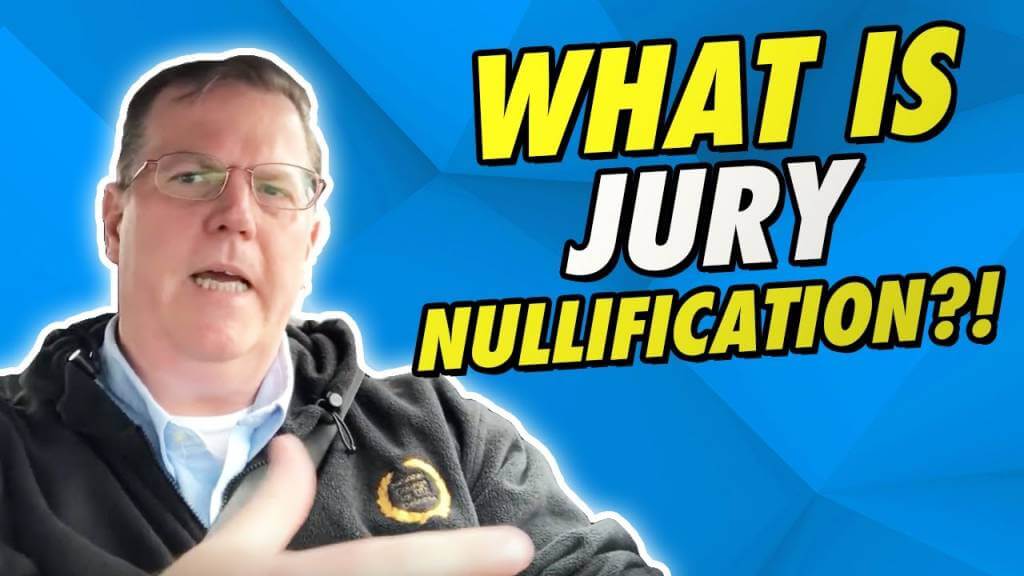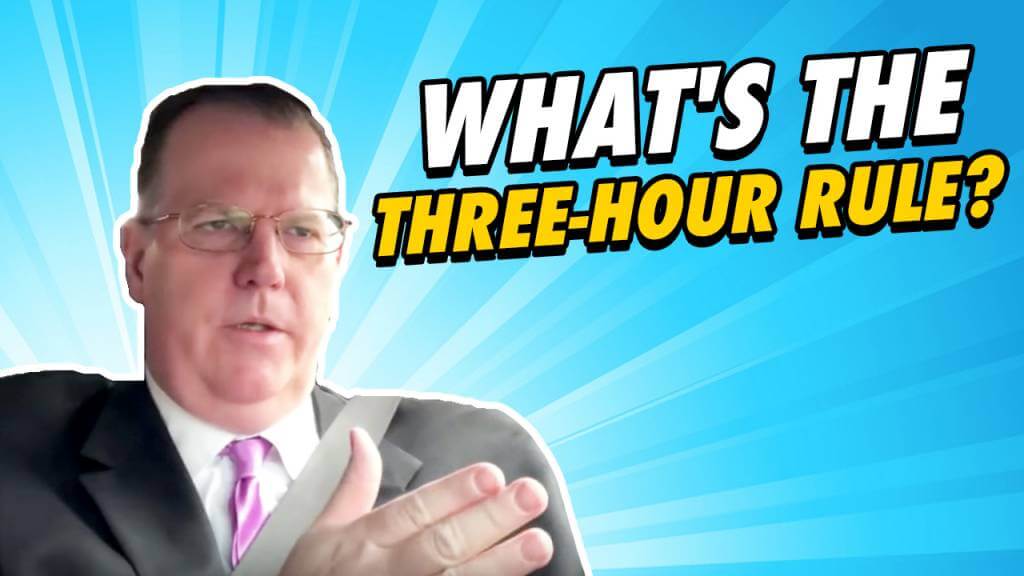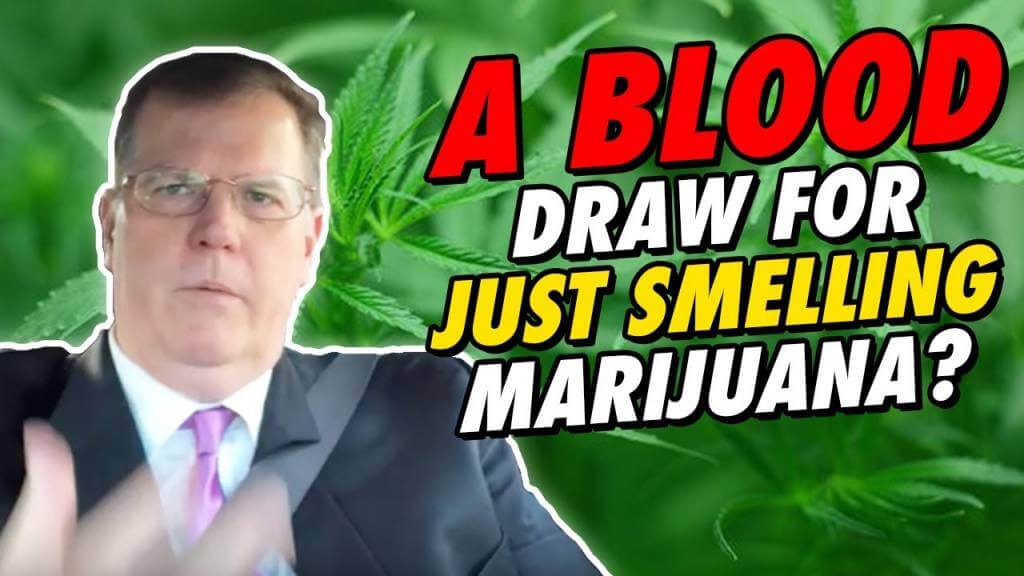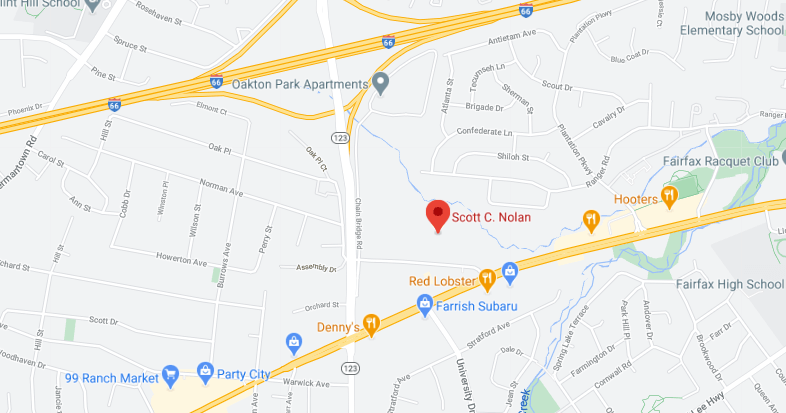Police Claim There’s VIDEO Of You Breaking The Law!
What if I told you I had a video of you committing a crime, and it’s a crime you didn’t commit? What do you do?
I’m Northern Virginia criminal defense attorney, Scott Nolan. I’m going to talk to you about something I call, “Always see the video”. In my 20 years of being an attorney, I have not once, and I mean not one time, seen a video in a criminal case, where what was on the video was what the police claimed was on the video.
An early case (where I almost made a big mistake)
When I was a beginning attorney, I represented a young woman who was charged with grand larceny. The police said she operated with a group of thieves and that she would go into a department store and pick out the items that would be stolen. Then later, somebody else would come along and steal those items.
Now that sounded like a really weird system. Why didn’t she just steal the items? Their theory was she was some sort of mastermind. Two police officers and a store security officer told me that they had seen her do this with their own eyes. Now that seemed fairly conclusive to me. The prosecutor had made a reasonable offer in my client’s case because she’d never been convicted of anything.
The turning point
This was very early in my career, and I recommended to her, “Yeah, looks like you really need to take this deal. The police have multiple eyewitnesses to the fact that you’ve done this.” Thank God for this young woman because she changed the whole course of my career as an attorney.
She looked at me and she said, “Mr. Nolan, I’ll do whatever you tell me to do but I just didn’t do it.” Now I’ve had a lot of people tell me they didn’t do it, but there was something about the way she said this that just alerted me to the fact that she seemed to really be telling the truth.
I went and talked to the police officers, and I said, “Look, I just want you to look down the hall of my client. Are you 100% sure that that’s the woman you saw committing this crime?” They all said, “Well, of course, it’s in the video.” “What? What video?”
The video
I had filed for discovery, I had gotten discovery, but I had not been told there was a video. “Okay, let me see the video,” I say. So we go look at the video. What does it show?
My client picking up a pair of boots like anyone might in a department store, looking at them, setting them down, and leaving. Five minutes later, a completely different person came in and stole the boots. I was livid. It did not show me what the police told me was on that video.
Now, in that case, I don’t know whether those police officers were just flat out lying, or whether they were victims of confirmation bias where they saw what they expected to see. I very nearly made the mistake of my legal career, and they very nearly let me by not telling me that there was a video.
I was furious and went to the prosecutor. She said, “Well, okay, I’ll make you a better deal.” “Of course not. No. My client is walking out of here not guilty. End of story.”
This happened again and again
Had that been the end of it, I would have said, “Well, all right, chalk that up to experience,” but it happened again, and again, and again. At this point, I do not believe what any police officer tells me until I see the video. Frankly, never has the video shown precisely what they said it would.
Another video case
In another case, I was told that my client was the getaway driver for a gang that had brutally beaten somebody else. They showed me a video eventually. All you could see in the video was this van pulled up to a convenience store and a bunch of guys got out, and allegedly beat somebody up. I don’t know. I assumed that part was true.
But my client was in the backseat of the car the entire time, never left the backseat of the car, and never got behind the wheel. I looked at the officer incredulously. “How could you tell me she was the driver?” His response was, “Well, she knew what was happening.” “So? First of all, how do you prove that? Even if she did, so what? It’s not a crime.”
Yet another shoplifting example
I’ve had officers show me a video that proved my client was shoplifting and all I saw was my client looking at an object and putting it down. They said, “Oh, well, he was putting objects out of the package.” I said, “The video doesn’t show that.” “Well, yeah, but he was doing it.” So I told him, “You have a video of this dude touching the thing and putting it down.”
I could go on for hours. Never has the video shown exactly what the police said it did. What’s the purpose of telling you all this? When people are accused of a crime, sometimes it’s true. In fact, usually it’s true. Let’s be honest, usually it’s true. But sometimes it isn’t true. Sometimes they think it’s true, so they say it’s true, but they can’t prove it to be true.
The attorney’s job
That’s what an attorney is supposed to do. Look at the evidence, and ascertain whether or not it is what they say it is. Folks, I’m here to tell you, that if you’re ever on a jury, you need to know that sometimes the evidence isn’t what they say it is.
If you want to talk to me about video, or any other area of the law, give me a call. I’d be happy to talk to you.






